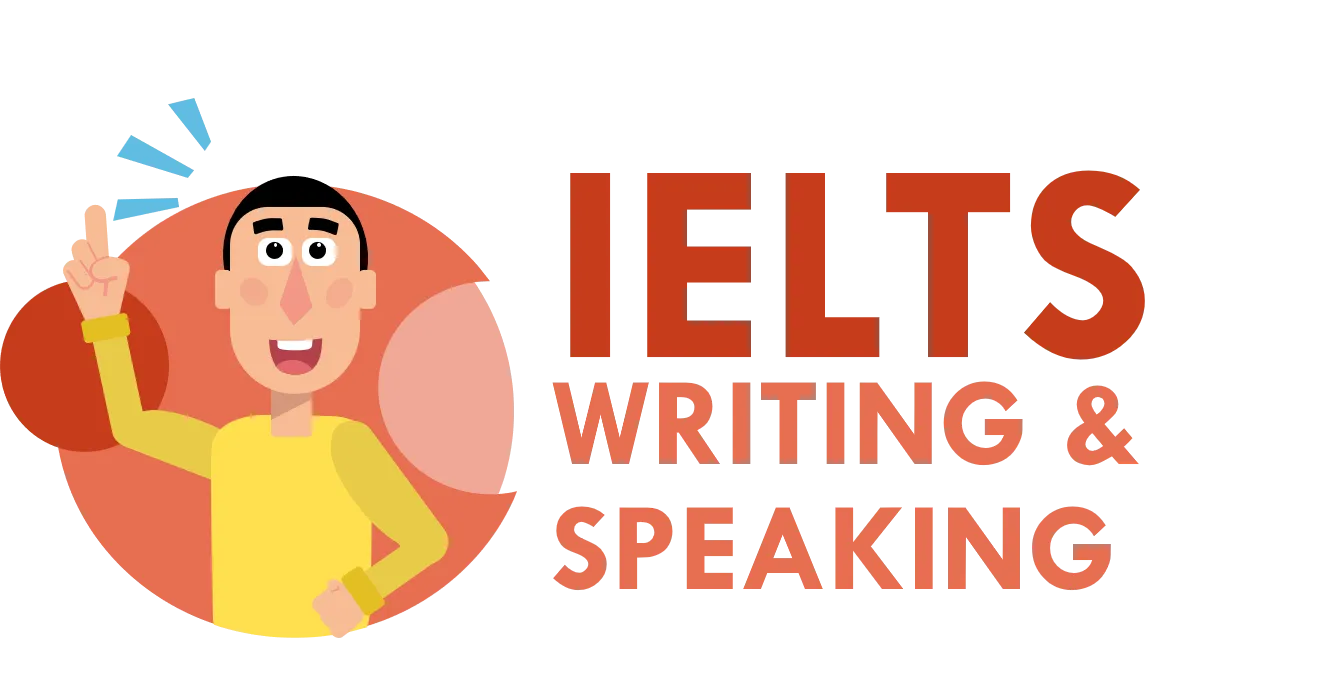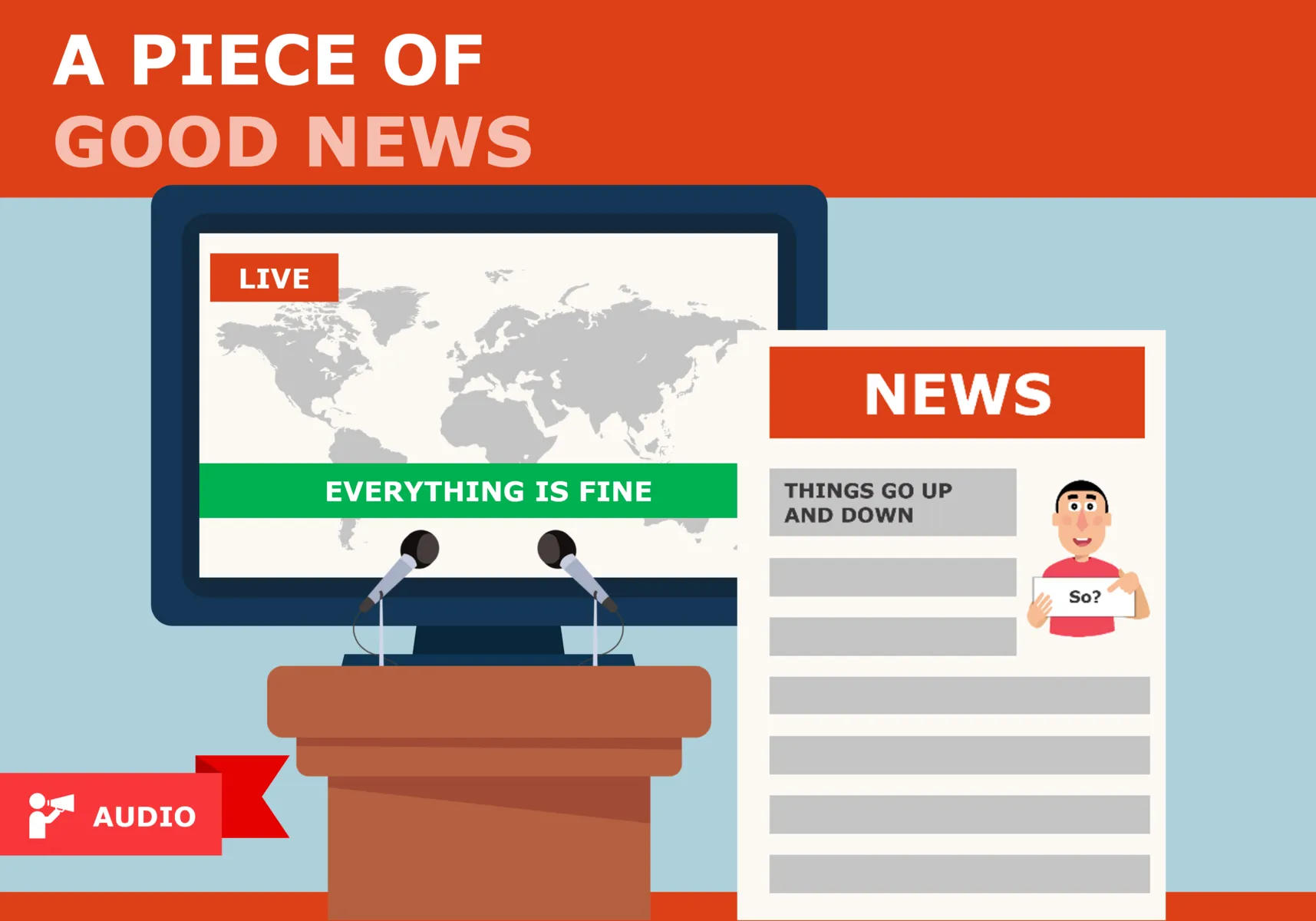Things to consider:
- Consider that the news can be generally a few things:
- Gossip (positive)
- Family-related news
- International News
- Domestic News
- Work or Study-related News
- You can re-tell a story you have heard in a positive way. Most of the news we consume is negative or neutral, however, you can simply turn it around and make it positive.
- You can add your opinion about the news as a whole at the beginning or the end of your speech in P2.
- Do you like the current media environment?
- Do you consume news in general?
- What news are you interested or uninterested in?
- Is it important to read the news?
Try answering these questions to add to your topic.
Part 2: Sample Answer
For a person like me who follows international news every day, it’s very difficult to focus on something positive. The news, as a whole, have this absurd bias towards negative news, and so positive ones are nowhere to be found. Looking at the big picture, the best news in the last few years was, of course, the end of the pandemic, which really crushed the spirit of everyone all over the world. As for another… let me see… well recently, this year, the high school that I work at has become number one in the whole city. This piece of news definitely caught me by surprise.
I introduce my opinion about the news and then mention 1-2 different good news.
I heard this information through social media during the summer break, and then once I came back to work it got confirmed by my colleagues. I was quite surprised and at first, I did not believe it. It felt surreal. I knew that we were good and that we’ve been helping an increasing number of students achieve their international education dreams, but I never thought that we would take the lead and become the number one international curriculum school in the city and one of the top in the whole Guangdong province.
I describe when I heard the news and what it was.
Well, after hearing the news a few times and getting them confirmed, it did make sense. As a whole, we are able to place students in top universities, including Oxford and Cambridge, and that was something I was quite proud of for a while now. What's more, we try to deliver lessons not only in a modern and innovative way, but we do it with passion and love for each subject. I guess actions speak louder than words, and the result was the excellent performance of our students and of the school itself. I’m still struck by the news but it definitely made my year and I wish our success continues on for the foreseeable future.
I finish with my feelings about the news.
Idioms and Phrases
Sentence starters and Linking words
Vocabulary related to the topic
Business Phrases
Examiner: How does social media help people access information?
Through the Algorithm
- Social media uses sophisticated algorithms that match people with things they've looked at, things they've liked, and things they might be interested in. Sounds a lot like predicting human behavior, but it actually works. People are constantly recommended things of interest to them and that exposes them to more content and information.
Through Sharing
- This is a very simple concept, but sharing has become so powerful as a tool to pass news from one to another. Think of it like this - in the past people had to meet others and talk to them to pass the news. However now, most people have to just press share, and the news appears on everyone's screen. After that, the news gets re-shared and this can make a simple message go viral all over the world.
ANSWER:
Examiner: What kind of good news do people usually share with each other?
Positive News
- Some of the most common ones are personal achievements, family news, or things relating to the family and relatives. It could be a graduation of a child, a birthday, accomplishing an achievement, or any other, and all of these are positive and seen as happy moments people share.
Interests
- Oftentimes people share information and links towards positive developments related to their interests. A new song that has been released, a new upcoming movie or its trailer, a concert announcement, or a new product they love being launched. All of these are positive.
ANSWER:
Examiner: Do you think there is a prevalence of negative news online?
Absolutely
- Yes, there is. There has been a lot of research about this from many nations, and it has been confirmed that a majority of news tends to be negative, as that attracts more people to read them. We see news about stock market collapse, international conflicts, human rights violations, social conflicts, and controversies daily.
But Why?
- One of the reasons that is to blame is the "for-profit model" of media and the news. The news media are all private businesses, and as such they have to gather clients. We as readers are their clients. In order to get more clients, they need to exaggerate and tell news with uncertainty and tension. This makes people click more on their articles and videos, and thus they make more money from advertising.
ANSWER:
Absolutely. I mean, everywhere you look there is negative news. Oftentimes the news themselves are divisive and make people enraged on purpose. In a way you might say they are designed for that as that generates more views and clicks. There are even internet movements like hate-watching and review-bombing which is just expression of dislike or dissatisfaction of people about stuff. People rush to judge things on their negatives without considering any positive features those news or things have. The news system is broken and it is better for anyone to trim down or reduce their news intake.
Examiner: Are people of different ages interested in different news?
Young
- Young people care a lot more about gossip news. They constantly follow different idols, celebrities, influencers, and other public people and discuss their latest posts online. In addition, they will try to read a lot about new developments, inventions, or innovations just to be informed and be able to hold a brief conversation about it.
Old
- When people age, they completely ignore gossip and entertainment news and tend to stick more to political and international news. This is because as they age, different changes in policy begin to affect them directly and they prefer to stay informed about these so they don't get surprised. They also like to read news about each other's friends and local matters.
ANSWER:
I guess so. I think young people are predominantly interested in news about their idols, gaming, gossip, and other trivial or unimportant pieces of information. As a person grows older, he gets more interested in and involved with political and social issues, as those affect him or her directly in one way or another. I mean young people don’t care about healthcare, however as they grow older, they begin to realize how important that social benefit is and how expensive it could get even for minor injuries. So yes, news consumption habits change with age.
Examiner: Is it good to share something on social media?
Not Exactly...
- To a large extent, many of the young generation these days share absolutely everything online, without any filter. This can cause a lot of trouble for the individual, their family, or just their internet reputation. They try to hide behind fake or made-up accounts but oftentimes get caught sharing too much private information, secrets, or uncomfortable truths.
Perhaps
- Of course, sharing is not always bad. People share positive stories, happenings from their lives, achievements, and accomplishments, or just something related to their family. In addition, people can share their experiences traveling or eating something wonderful, and that is usually considered positive and has no unintended consequences.
ANSWER:
I feel this depends on the content we share. These days for people, especially younger generations there seems to be no limit when it comes to sharing. They would share absolutely everything without any sense of guilt or second thoughts. I believe some things shouldn’t be shared such as private images, secrets, uncomfortable information, and videos or pictures of vulgar or violent content. Unfortunately, these are the things that get the most clicks and hits as it’s only human nature to be curious and to click these links. It is sad that social media and freedom of speech have been turned into absolute freedom which is simply anarchy. This means that there are no rules, no consequences, and no correct behavior online, and so people share absolutely everything.
Examiner: Should social media publish only good news?
The Case for Yes*
- Of course "only" is an extreme and no social media should censor or completely ban one or the other. However, as the news is heavily negative these days, social media has a responsibility not to make money and fish for engagement, but to moderate and manage their media space and balance the news until they are somehow even. 50/50.
The Case for No
- People who say "No" believe that media and people themselves can manage to consume and control their news intake by themselves. This means that nothing should be done to improve or decrease the user experience, and people should be left alone to decide what they read or not. This does not work very well in practice, but it is a point of view some have.
ANSWER:
I don’t think this is a solution to the current problem. The current problem is that negative news heavily outnumber positive news. However, simply banning every negative word or topic is not a solution. There should be a healthy balance between these two sides and in a perfect world, we would read both positive and negative news equally. In fact, we need negative news as they, sort of, prepare us for upcoming dangers or problems. We should be able to read about inflation and about an incoming hurricane, however, that news should not be blasted 24/7 everyday everywhere. They should be mentioned and then moved on. This is the way to repair this broken system of news we have in our hands currently.



